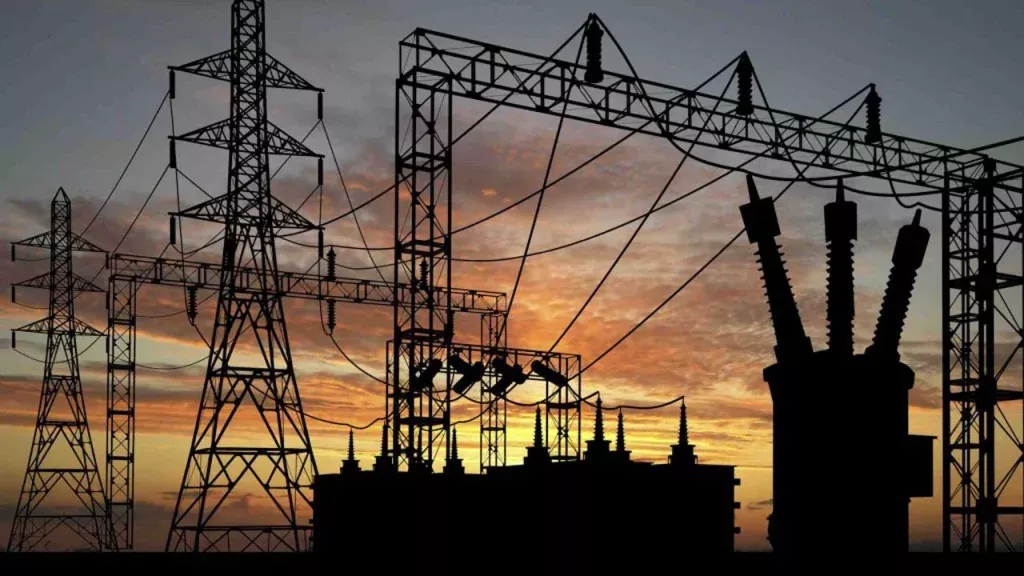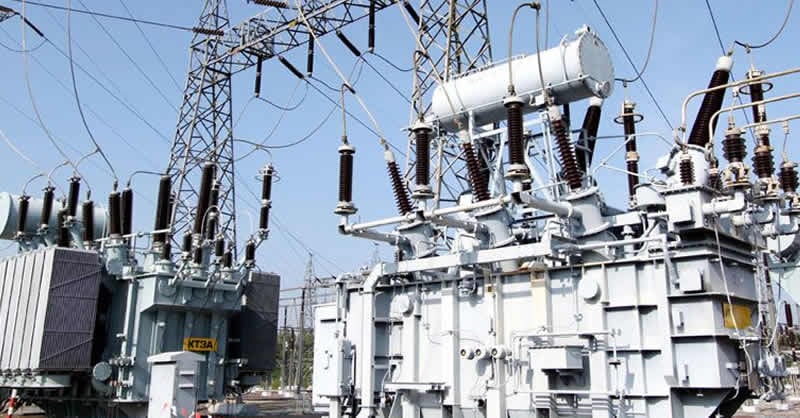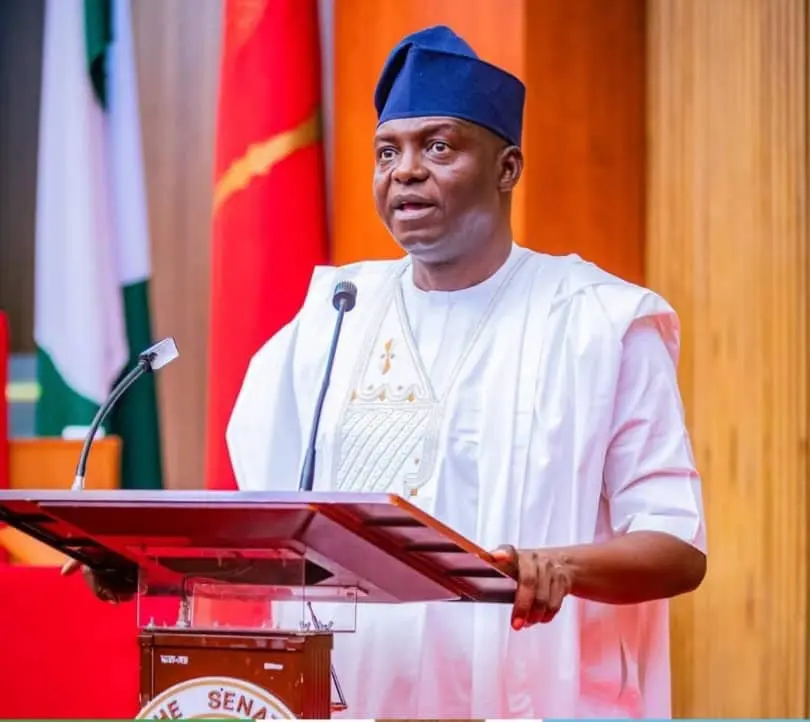The return of Donald Trump to the White House has sparked mixed reactions across Africa, with both optimism and skepticism about the potential for stronger U.S.-Africa relations. Several leaders, including those from conflict-stricken regions, view this as a chance to deepen ties and secure support for peace and security efforts.
In the Democratic Republic of Congo (DRC), President Félix Tshisekedi expressed hope for enhanced strategic cooperation with the U.S. under Trump’s leadership. Congolese civil society member Christophe Mwisa shared this optimism, particularly for regions facing instability like the Sahel and the Great Lakes. “This is a great opportunity for Africa to reconnect with the United States, especially in places plagued by conflict. We expect U.S. involvement to help end violence, especially in the DRC, where we face aggression from Rwanda,” Mwisa stated.
The DRC’s eastern region has been mired in conflict for years, with various armed groups terrorizing the population. Locals like Georges Yalala, a resident of North Kivu, expressed relief, saying, “We need peace, and we need a man like Trump. He is serious and sincere in his promises.” However, not all Congolese share this enthusiasm.
Skeptics argue that U.S. policies may not directly impact day-to-day lives in the DRC. “Peace cannot be bought like an item in the market. The Congolese government needs to strengthen its own diplomatic actions,” said Goma resident Tigana Nseka. He voiced doubts, suggesting, “Why rely on Trump when the U.S. has played a role in Congo’s security issues? The weapons come from them.”
Trump’s return to power represents a potential turning point for U.S.-DRC relations, but whether this shift will bring peace to the troubled regions remains uncertain. Many Africans await the unfolding of this renewed partnership, hopeful yet cautious about the impact it will have on their lives.



